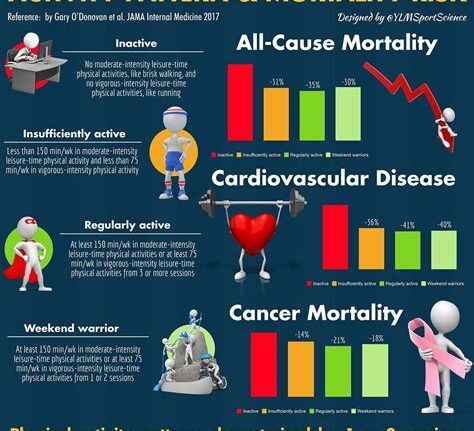Imagine this – a glass of wine after a long day, or maybe a beer at a social gathering. For many, indulging in alcohol is a common way to unwind and socialize. However, recent reports have brought to light a concerning connection between alcohol consumption and the risk of developing cancer.
In a recent survey conducted among over 1,700 U.S. adults, an alarming 56% expressed their belief that regular alcohol intake can heighten the likelihood of cancer in the future. This figure marks a significant increase from just a few months prior when only 40% held this view.
“Our data suggest that the Surgeon General’s synthesis of the science showing that alcohol consumption increases one’s risk of cancer got traction,”
stated Kathleen Hall Jamieson, director of the Annenberg Public Policy Center. The release of an advisory by U.S. Surgeon General Dr. Vivek Murthy further reinforced these concerns about alcohol-related cancer risks.
The advisory highlighted the necessity for updated warning labels on alcoholic beverages, emphasizing that consuming alcohol elevates the chances of developing various types of cancers such as breast, colon, and liver cancer. It urged individuals to be mindful of these risks associated with alcohol consumption.
Despite multiple reports on the topic in recent months, it was found that Dr. Murthy’s advisory garnered significant public attention compared to others addressing similar concerns surrounding alcohol and its correlation with cancer risks.
As awareness grows regarding this critical health issue, almost half of those surveyed revealed they had come across information regarding the impact of alcohol on health. Among these individuals, approximately 46% identified being exposed to reports specifically discussing the link between alcohol consumption and health issues.
In December 2024, The National Academies of Sciences, Engineering, and Medicine (NASEM) reviewed scientific evidence concerning moderate alcohol consumption and its implications on health outcomes like mortality rates, cancer prevalence, weight management, and cardiovascular conditions.
Moreover,
“Even moderate drinking carries health risks including liver disease,
cancer,and injuries,” as pointed out by a federal report from U.S.health agencies led bythe Substance Abuseand Mental Health Services Administrationfurther underliningthe potential dangers tiedtoalcoholuse.
It was notedthat while moderate drinking can be defined as up totwo drinks per dayfor menandone drink dailyfor women,a considerableportionof respondents wereuncertain about howthese guidelineswouldimpacttheirhealthchoiceswhen it cameto consuming alcoholic beverages regularly.
The survey results revealed that for nearly one-thirdof participants familiarwithreports linking alcoholtocancer risksaidsuchinformation would make them less inclinedtoacceptan alcoholicbeverage if offered atan eventor socialgathering.The influenceofthesereportsin shapingindividual attitudes towardsalcoholconsumptionwas evidentwitha majoritystating itwouldnothaveany effecton their decision-makingregardingdrinkingalcohol.
Interestingly,a small but notablesegmentindicated theywouldactually bemorelikely topartakeina drinkif influencedby therecentfindingsregardingalcohol’s impactsonhealth.However,it is important tonote thatevendespiteinitial acceptanceoffereddrinksafterbeinginformedofsaidresearchresults,it wasn’tguaranteedthatindividualswouldcontinue acceptingsubsequentdrinksofferedduringthesameoccasionaswell.
This ongoing conversation aroundthe associationoftakingalcoholicbeverageswitha heightenedriskofcancer underlines theneed forsustainededucationandawarenesseffortsamongthe generalpublic.It underscoreshowpublichealthcommunicationsfromauthoritativesourceslikeSurgeonsGeneralcan profoundlyshapeindividualbehaviorsandchoicesregardinghealthpracticesandalcoholconsumptionpatternsacrosssocieties.
Gaining insight into publicperceptionsofallyourfavoritepolicytopicsis essentialforguidingeffectivecommunication strategiesandon-targetmessagingaimedatpromotinghealthybehaviorchange.If you are partoftheresearchcommunity,you probablyknowtherolethatcredibledataplays inteasingouttrends,patterns,andthemesaroundcriticalpublicissues affectingoursocietytoday.Writetousnow!









Leave feedback about this